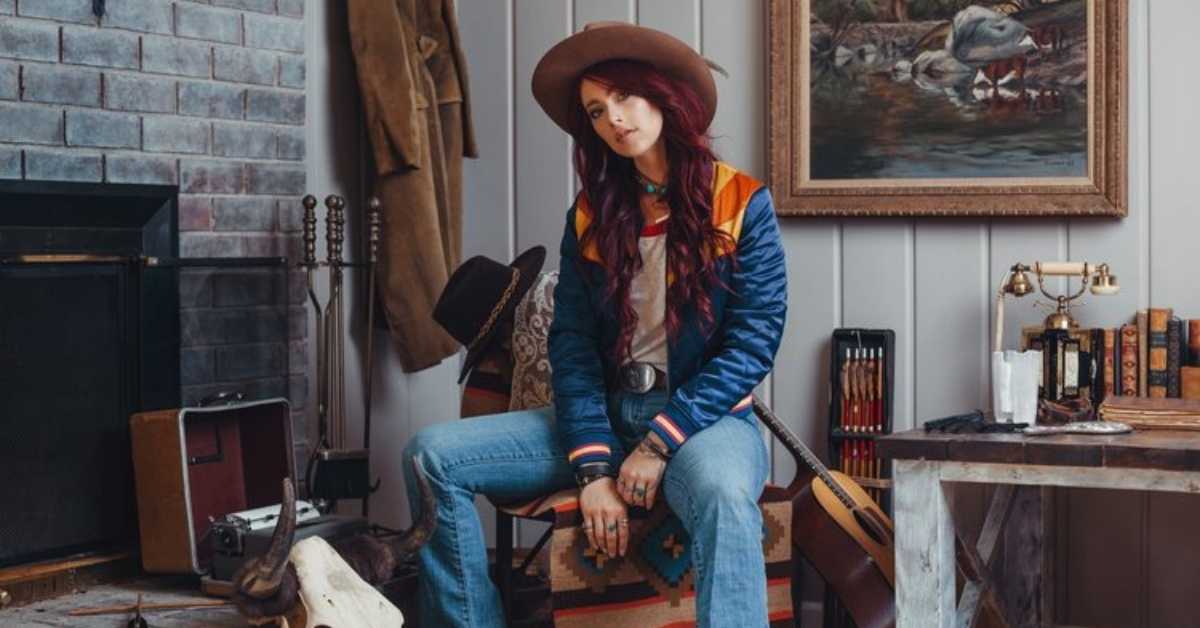Working with a producer is tricky because they don't always communicate with singers in the way that we singers experience our instrument. So, in this episode of the Intelligent Vocalist podcast, John Henny interviews Liz Hill, a singer and a voice-over artist, to talk about what it is like working with producers in the music industry.
When a Producer is Not A Vocalist

John figured it would be a challenge to work with producers who are neither singers nor instrumentalists. He cites as an example a prominent session drummer who spoke about working with a famous artist.
After every take, the producer would tell him, "I want more purple". And he'd play the song again and again while the producer kept demanding, "More purple!"
This drummer had years of experience and played on tons of hit recordings, and he was left clueless about what "more purple" meant. The producer's lack of knowledge when it comes to playing instruments became a barrier for the two to communicate properly.
Liz also has a fair share of experience working with music producers who can't sing a note. Even if they can, they don't know how to express in words what they're trying to tell the vocalist.
On the one hand, she thinks it could be a snafu because of the difficulty for them to express what they want from singers. Some of them have a hard time putting into words what they have in mind and what they want their artists to do.
On the other hand, Liz found that there are also producers who, despite their lack of knowledge as a singer, have a definite sense of what they desire. And references are really useful to help artists deliver.
Characteristics of a Good Producer
If Liz had an actual genie, she would wish every producer had to take six months of voice lessons just so they could have a greater understanding of what singers do, and acquire the vocabulary to better communicate with their artists.
Being an artist is being genuine with yourself, knowing how to provide your finest vocal performance, providing creative freedom, and enabling your music producer to push you further than you might want.
That said, John took note of the characteristics of a good producer, as shared by Liz.
A good motivator

A good producer is a great motivator. They should be able to push the singer to give their best performance and help them reach their full potential. They should be able to recognize when an artist is struggling and provide support and guidance. They should also be able to listen to the singer's ideas and offer constructive feedback.
Additionally, they should be able to create an environment where they neither hinder nor tamper with an artist's creative process. They must also recognize that a singer should be encouraged to become better at what they do and be comfortable doing something other than the artist's first choice.
A good communicator

A good producer should also be a good communicator. They should be able to clearly express their ideas and expectations to the singer to get the best results. They should also be able to listen carefully and understand what the singer is trying to convey.
Producers should also be able to provide constructive and encouraging feedback. They should be open-minded and willing to try to have a little understanding of being a vocalist or an instrumentalist in music production.
A good connector

Music producers must have a good relationship with the singer, which helps build trust and lets the producer comprehend the artist's desired outcome. This connection will ensure that the resulting music reflects their individual style.
The recording process will be much more convenient when they know how to connect and interact with the team—main vocals, backup singers, and instrumentalists.
A good reference

Liz advises listeners to always ask for references whenever possible. A music producer should be able to provide references from sources that could express their vision for a particular project. This will help the singer understand what kind of work the producer can do and how well they can work together.
According to Liz, YouTube can be an excellent tool for producers who are struggling to articulate what they want. This eliminates the frustration of having multiple conversations about the same thing during a recording session, as everything can be better explained with one video reference.
A good understanding

Producers must understand that every artist has a different performance vision. A good music producer should have a good understanding of the artist's vision and be able to work with them to create the best possible outcome.
How to Work with a Producer
Liz shared some tips on how to work with a producer.
Build a Rapport

One thing Liz continuously mentioned was the importance of being communicative. It will help singers connect and understand what they're being told to do.
Additionally, the artist should be comfortable asking for references or assistance if it could help them better understand instructions. Sometimes it's helpful to ask for help from the producer when you need to know how something should sound or what might work best for your particular project.
Communicate Your Vision

Liz highlighted how fortunate she has been to work with a great and beneficial producer that really listened to the ideas of her and her bandmate, going so far as to say her, "You know, this is your project."
So absolutely communicate your vision with your producer, but also understand that the job of the producer is to honor your vision while also expanding upon it, and taking your work to new places that you might not ever have imagined.
Trust Each Other's Creative Ideas

Letting go creatively to trust your producer is a courageous thing to do. There's beauty and terror in doing so. Some outstanding producers are not exploiting vocalists but are actively listening and artistically supporting their talents.
It's important to remember that a producer is there to help you create the best possible outcome, but also that the artist and producer are just two puzzle pieces in this creative process.
Final Words
In this episode of the Intelligent Vocalist, Liz shared with John that communication is key to a successful collaboration between singers and producers. Both parties must be open and honest about their expectations, visions, and ideas. Additionally, they should emphasize respect for the creativity of both parties in order to create a great finished product.
Stay Connected

You can follow Liz Hill on Instagram: Liz Hill
Join John's mailing list to stay up to date with new podcast episodes, books, courses, and exclusive special offers.